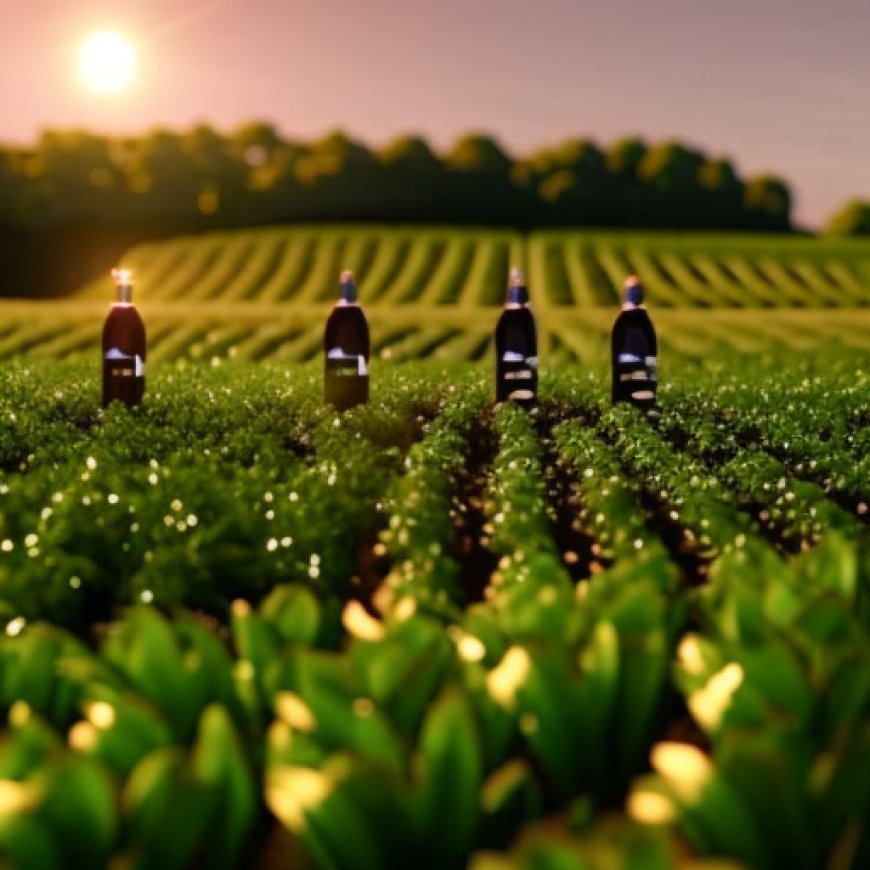Unilever’s take on regenerative agriculture by businesses
Unilever's take on regenerative agriculture by businesses Sustainability Magazine


Regenerative Agriculture: A Solution for Sustainable Development

Regenerative agriculture is recognized as one of the necessary solutions for long-term decarbonization across the globe, and is often seen as a suitable means of carbon offsetting.
What has been, and still is, a high-polluting industry, farming can be achieved with lower impact on the planet through innovative methods, solutions, and with the support of the latest agricultural technologies. Regenerative agriculture takes various forms, such as no-till farming (alleviating the need to plow soil), mixed crop rotation, and the active management of soil composition.
For these solutions to be truly ‘regenerative’ they must first be carried out with zero emissions in Scope 3, but also provide a richer growing environment and more fruitful conditions without the use of harmful materials like chemical pesticides.
Unilever’s Commitment to Regenerative Agriculture
Unilever has been very active in promoting regenerative agriculture and recently announced a campaign ‘From the Ground Up’, which pays close attention to the natural environment and how agricultural businesses can work with it, instead of damaging the environment. To signify the launch, Unilever underwent a LinkedIn Live session to promote the project that influences more effort to reduce the damage to earth quality while producing the necessary yields to feed a growing population.
Featured in the session were:
- Addressing greenhouse gas emissions in agriculture
Addressing Greenhouse Gas Emissions in Agriculture
One of the key points highlighted as a factor in supply chain management is the number of droughts and floods due to increased climate temperatures that have ripple effects on the world socially, and cyclical impacts on supply chains. Without reducing or eliminating emissions from the supply chain, these contribute to the overall atmospheric carbon, which comes full circle to disrupt supply chains as they look to deliver to countries where natural disasters occur.
From an agricultural standpoint, Kass comments on the state of crops and livelihoods in the industry as a result of changing environmental conditions.
“We’re seeing our supply chains already being deeply challenged by droughts and floods and greater volatility in the system,” says Kass. Following this, he divulges that attention to detail; the measurable reduction of emissions from the food and agriculture supply chain can have significant impacts.
“I [truly believe] that food and agriculture hold the promise to solve some of the greatest [climate challenges], by improving our soil health and sequestering much more carbon in the soil.”
The onus for transitioning to more sustainable food production has historically been on the shoulders of consumers. Looking to consumers to make the right food choices and only purchase goods with low-to-no emissions means fighting the battle from the wrong angle. The industry leaders recognize that now is the time for organizations to begin influencing their own footprints rather than leaving this task (impossibly) to those that buy the end products.
Comments from de Vreede support the fact that consumer demand is a non-feasible way of dealing with agriculture’s climate impact. Businesses have the data and the capacity to make significant changes before products go to market.
“In all honesty we can’t wait for consumer demand, before we start to scale regenerative agriculture,” says de Vreede. “The majority of consumers today are not aware of what regenerative agriculture is and why it matters.”
Conclusion
Regenerative agriculture offers a sustainable solution to the challenges faced by the agricultural industry. By implementing innovative methods and technologies, and reducing emissions throughout the supply chain, it is possible to achieve a more environmentally friendly and productive farming system. Organizations like Unilever are leading the way in promoting regenerative agriculture and encouraging other businesses to take action. With a focus on the Sustainable Development Goals (SDGs), regenerative agriculture can contribute to a more sustainable and resilient future for all.
Sources:
- Unilever’s World-First Paper-Based Laundry Detergent Bottle
- Lavoro Agro’s Sustainable Inputs Rejuvenate Agriculture
Follow Us:

Join us, as fellow seekers of change, on a transformative journey at https://sdgtalks.ai/welcome, where you can become a member and actively contribute to shaping a brighter future.







